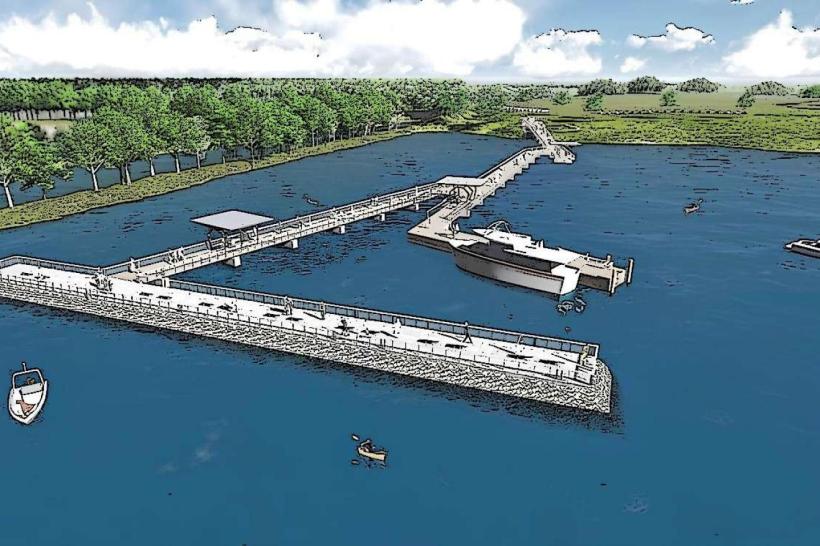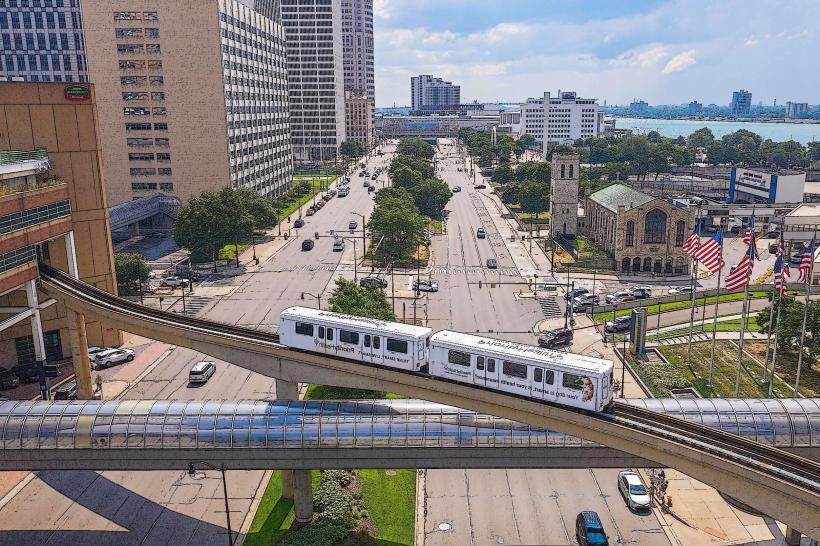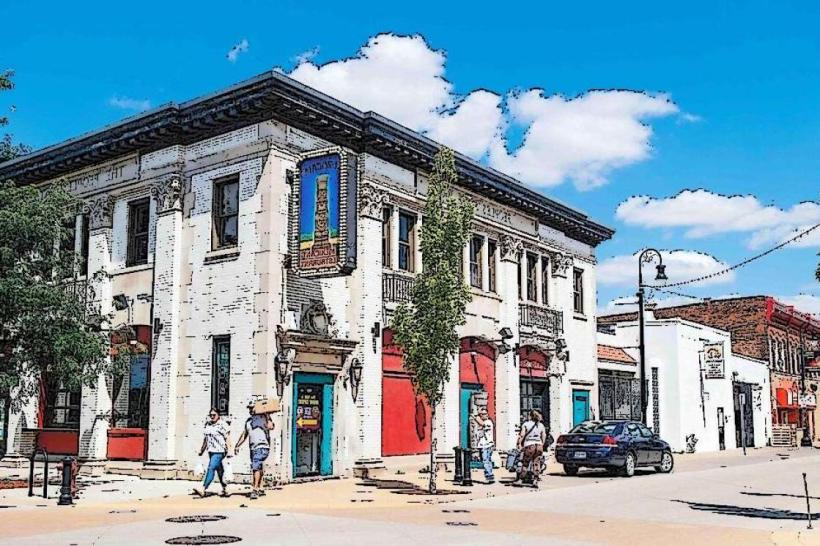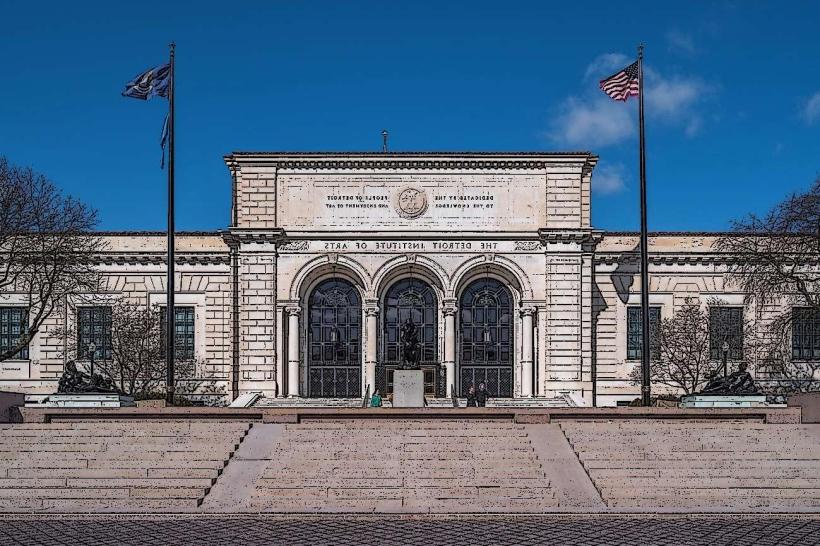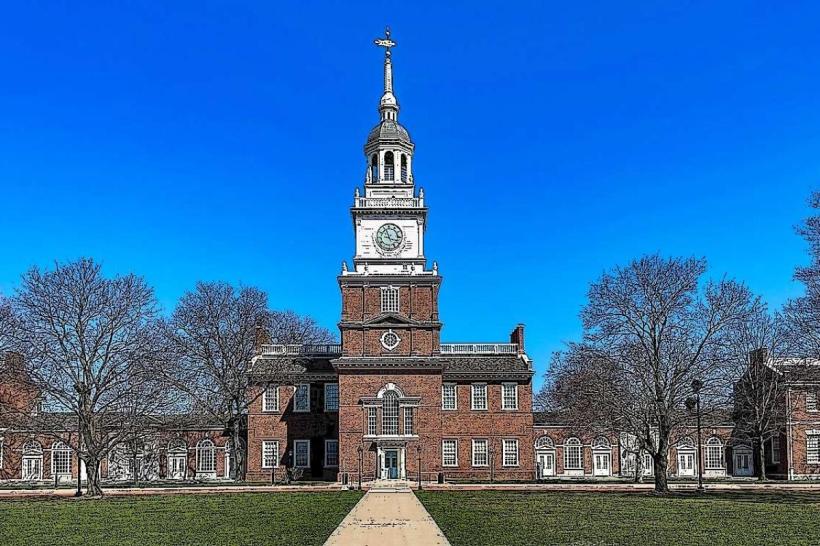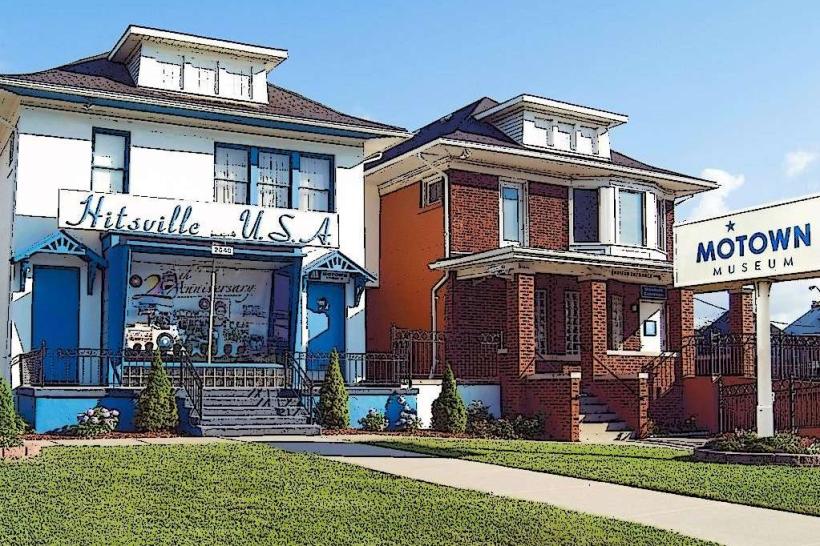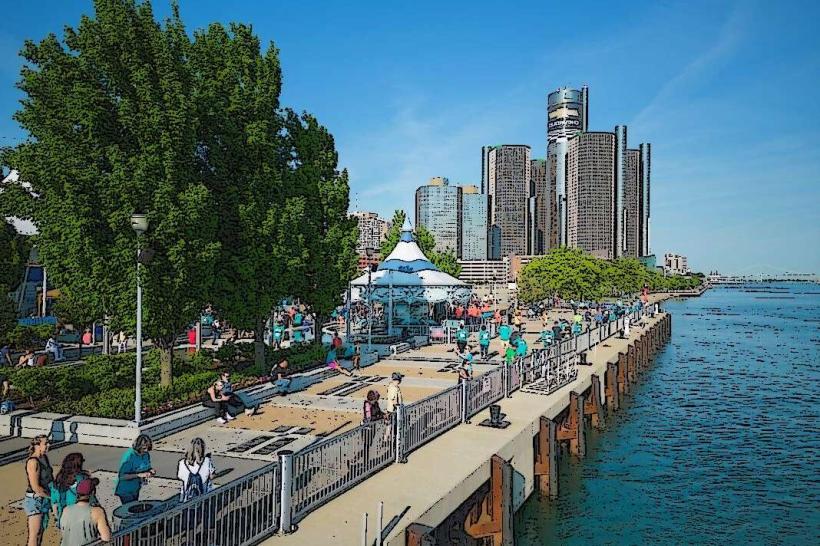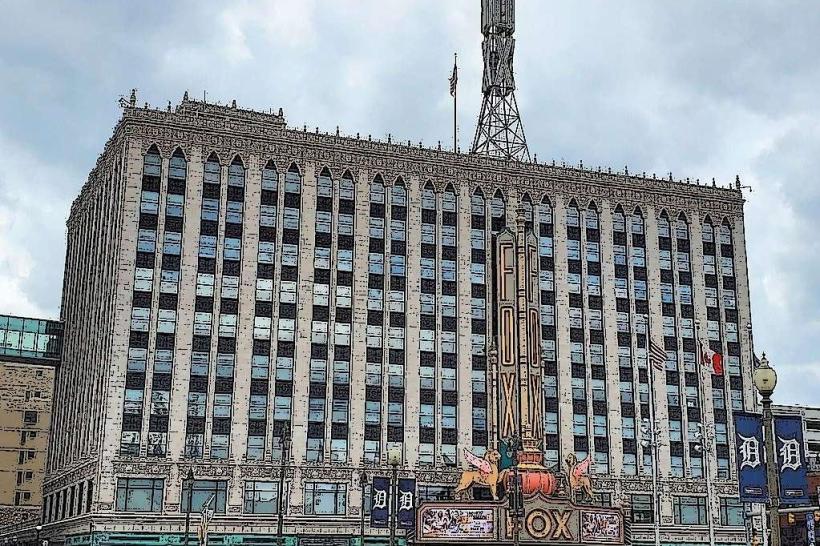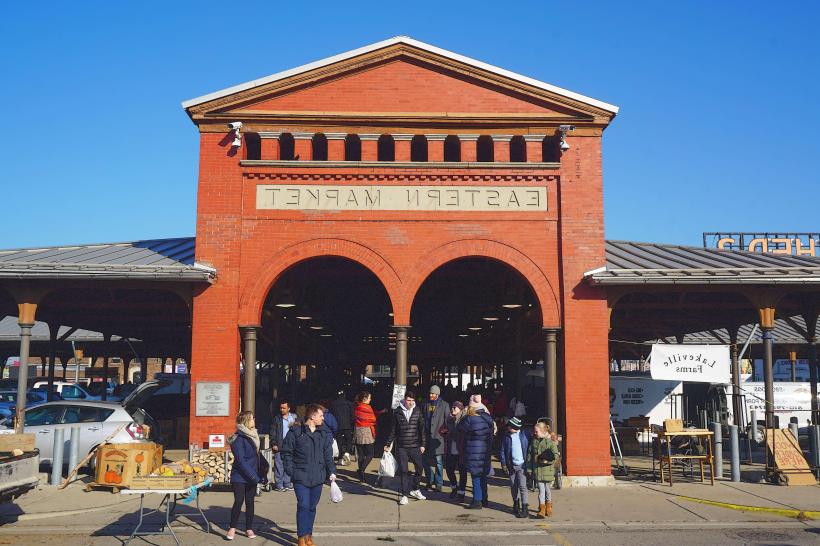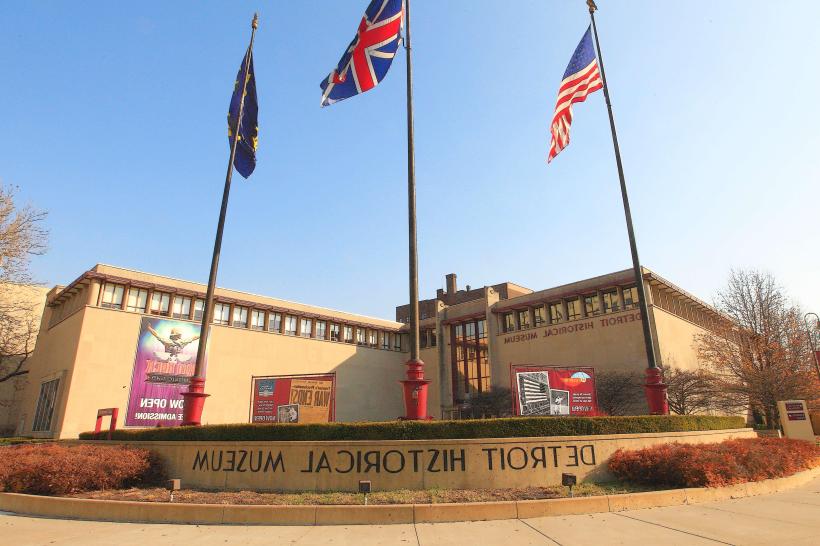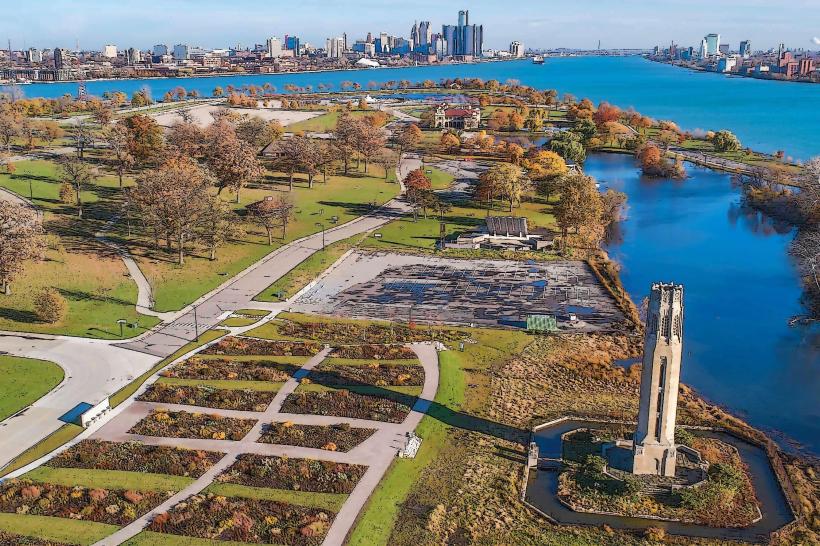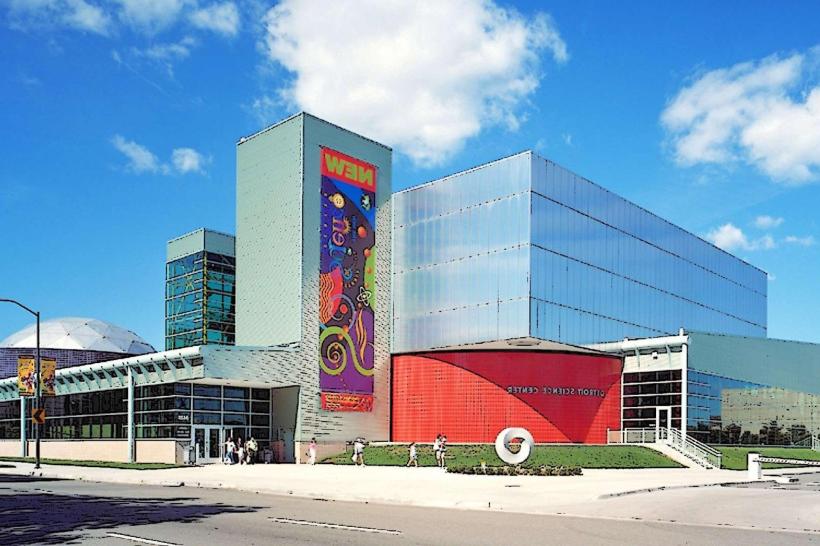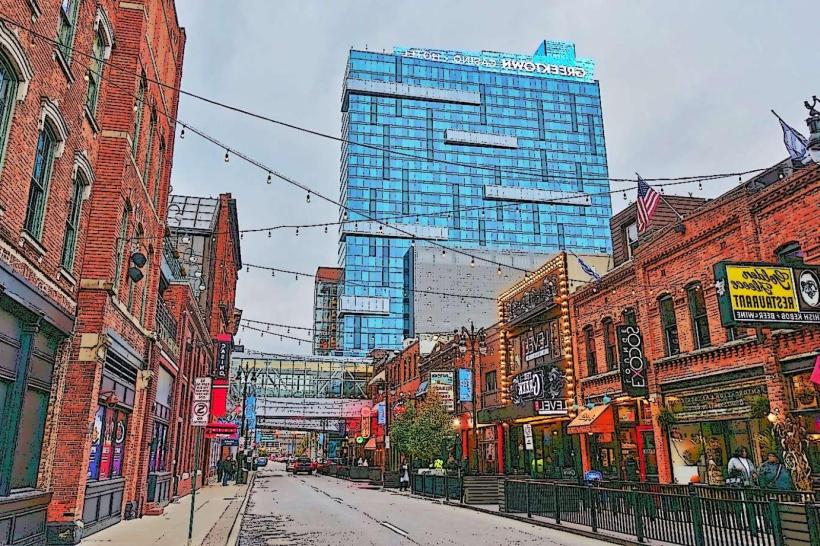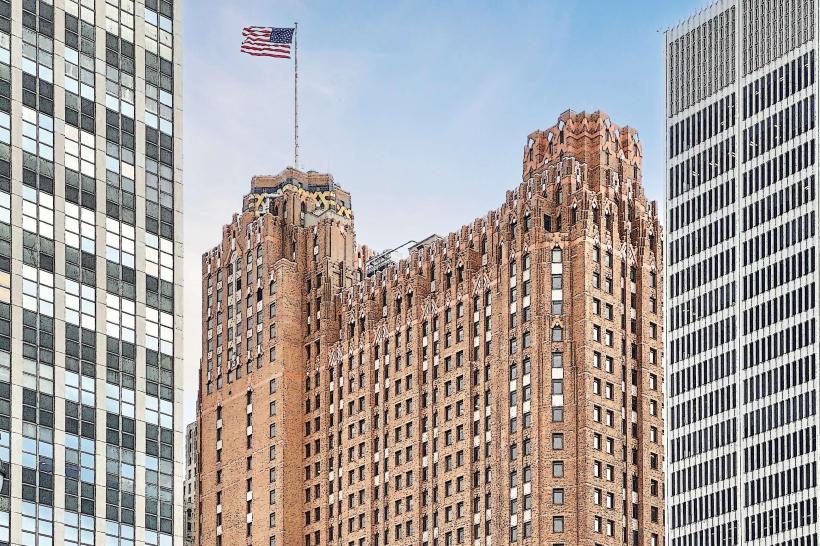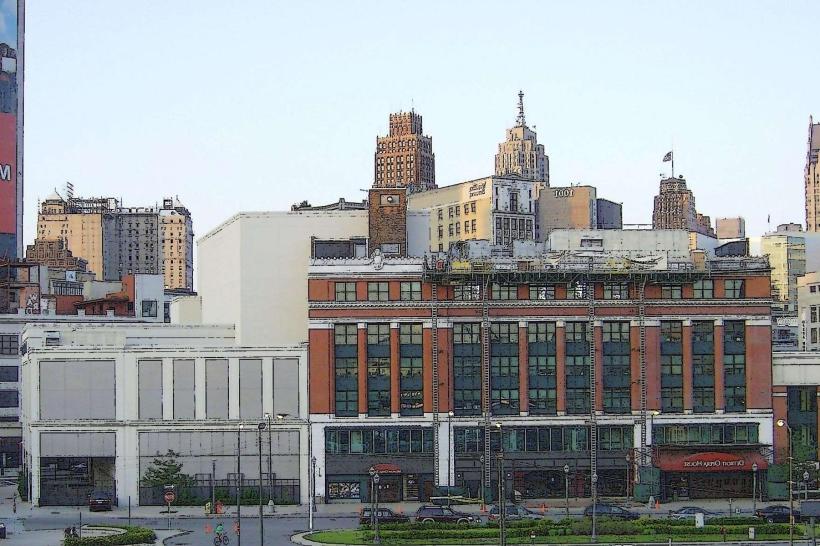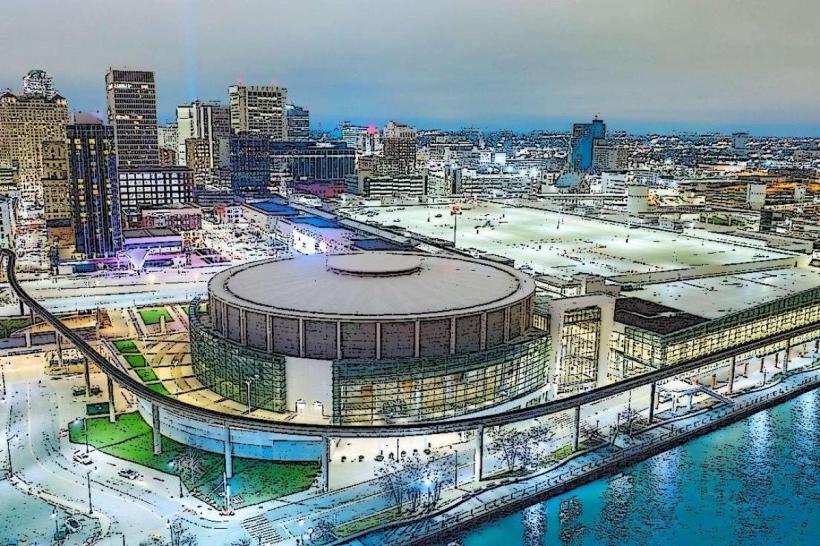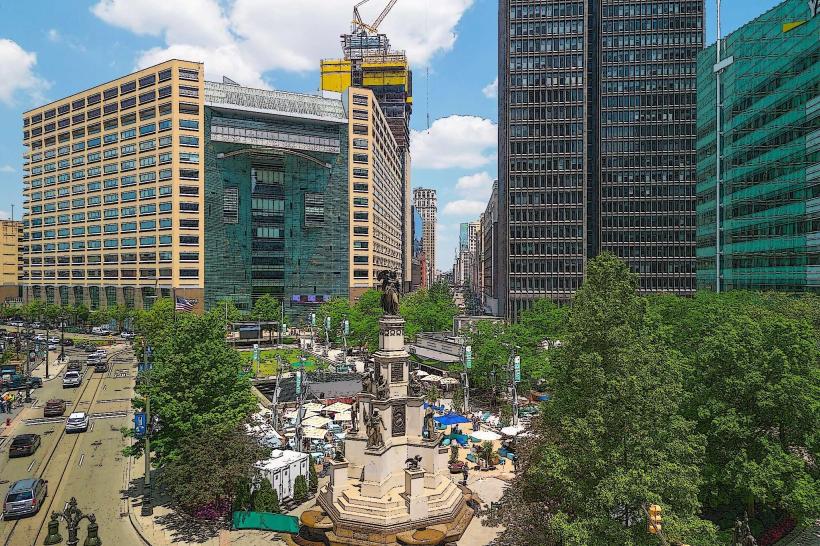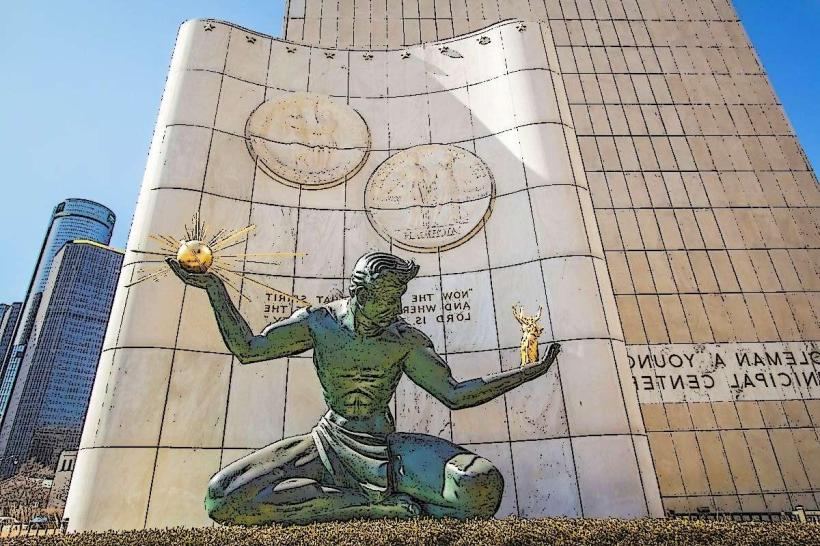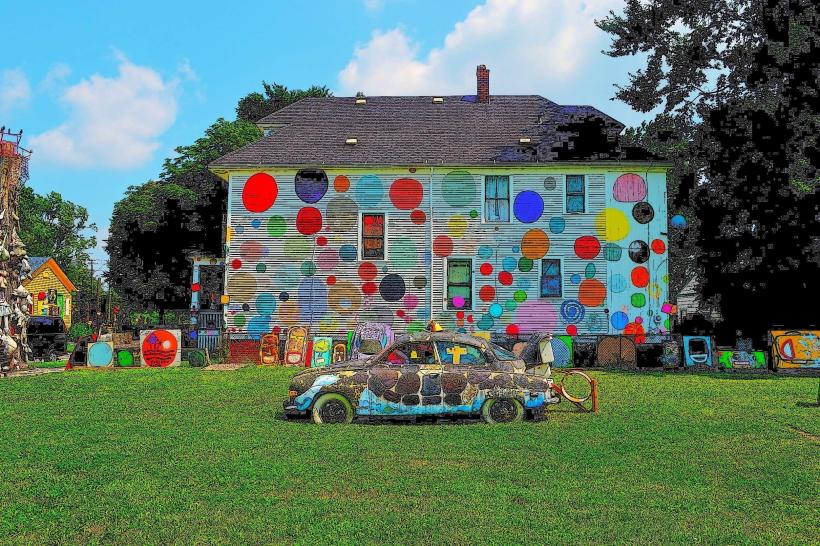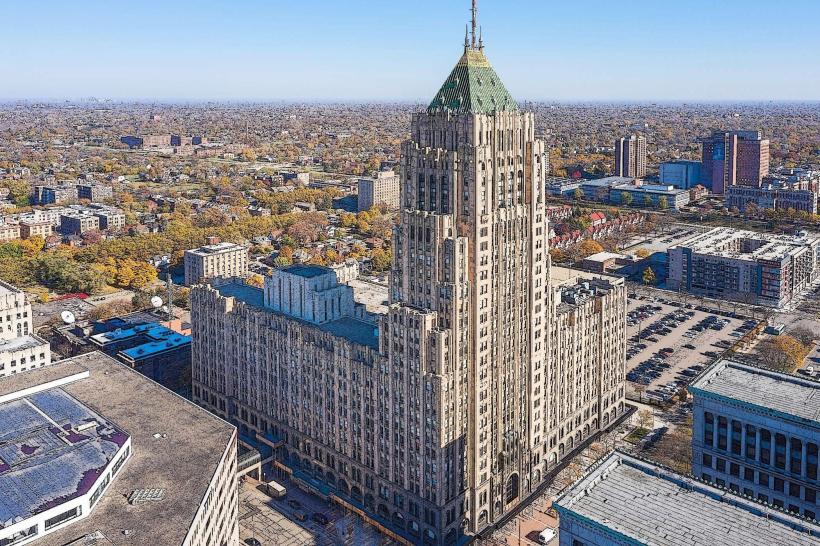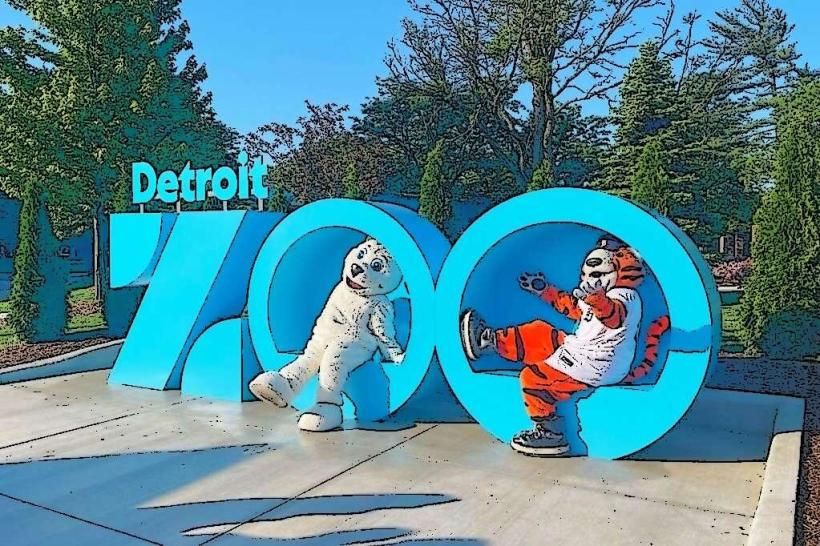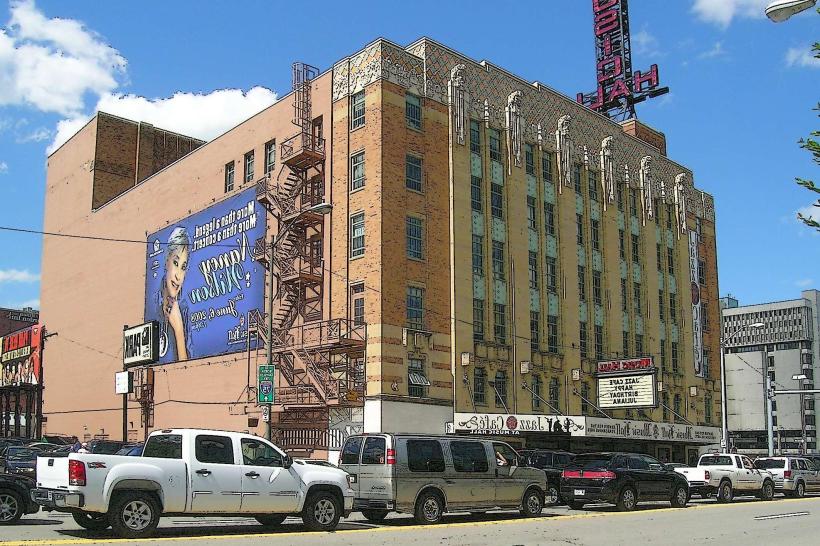Information
Landmark: Comerica ParkCity: Detroit
Country: USA Michigan
Continent: North America
Comerica Park, Detroit, USA Michigan, North America
Comerica Park is a baseball stadium located in Detroit, Michigan, USA.
It serves as the home venue for Major League Baseball's Detroit Tigers.
Visual Characteristics
Comerica Park features a brick and limestone exterior. The seating bowl is primarily composed of steel and concrete. The stadium's capacity is 41,070. Architectural elements include a large scoreboard, a Ferris wheel, and a carousel, contributing to a classic ballpark aesthetic.
Location & Access Logistics
The park is situated at 2100 Woodward Avenue, Detroit, MI 48201, in the heart of downtown. It is approximately 0.5km North of Campus Martius Park. Multiple parking garages are available in the immediate vicinity, including the Comerica Park Garage and the Fox Theatre Garage. Public transportation options include the QLine streetcar with a stop at Grand Circus Park, and various Detroit Department of Transportation (DDOT) bus routes serving Woodward Avenue.
Historical & Ecological Origin
Comerica Park opened on April 10, 2000. It was designed by HOK Sport + Venue + Event (now Populous) and built by Barton Malow Company. The stadium was constructed on the site of the former Detroit Tigers Stadium, aiming to create a more fan-friendly and urban-integrated baseball experience.
Key Highlights & Activities
Visitors can attend Detroit Tigers baseball games. The stadium features a 56-foot-wide by 92-foot-tall video board. A 1920s-style carousel and a 50-foot Ferris wheel are operational during games. Tours of the stadium are available on non-game days.
Infrastructure & Amenities
Restrooms are located throughout all concourse levels. Shaded seating is available in various sections, particularly in the upper decks. Cell phone signal (4G/5G) is generally strong within the stadium. Numerous food and beverage vendors are present inside the park, with additional options available in the surrounding downtown area.
Best Time to Visit
For optimal lighting on the field and for photography, afternoon games (starting around 1:00 PM) are recommended. The baseball season runs from late March/early April through September/October. Weather is typically most favorable for outdoor games during the months of June, July, and August.
Facts & Legends
A unique feature of Comerica Park is its outfield wall, which is adorned with tiger statues and a fountain that erupts when the Tigers hit a home run. The stadium's design incorporates elements reminiscent of historic ballparks, aiming to evoke a sense of nostalgia.
Nearby Landmarks
- Fox Theatre - 0.2km Northwest
- Detroit Institute of Arts - 1.5km North
- GM Renaissance Center - 1.0km Southeast
- Campus Martius Park - 0.5km North
- Ford Field - 0.8km East

